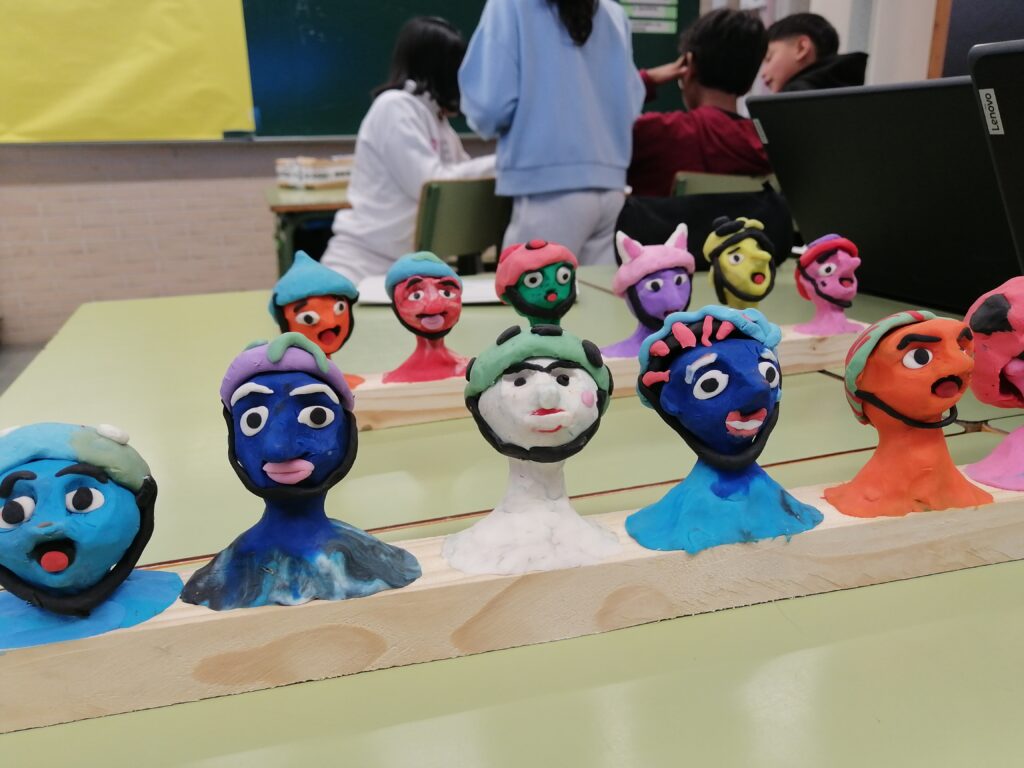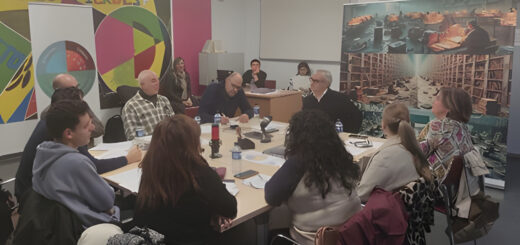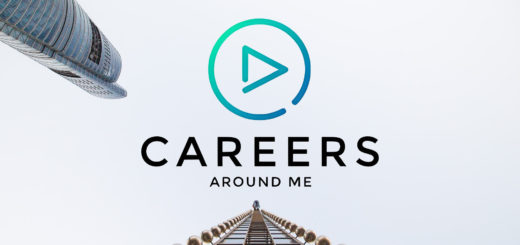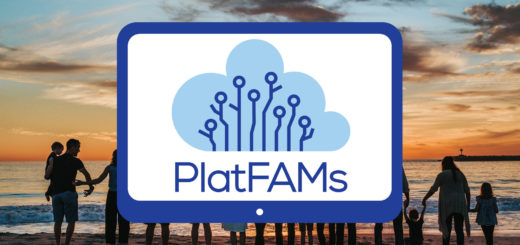EXPECT_Art: Exploring and Promoting Critical Cultural Education in Schools and Their Communities
Aligned with this understanding, the European research project Exploring and Educating Cultural Literacy through Arts (EXPECT_Art) brings together universities, artistic collectives, and public schools from six EU countries—Hungary, Denmark, Slovenia, Germany, Poland, and Spain. Together, they explore how to strengthen critical cultural education through the arts within both formal educational settings and broader community contexts.
A key dimension of EXPECT_Art lies in its effort to understand the cultural and community-based practices of children and young people—many of which occur outside the classroom—with the aim of connecting these practices to everyday life and school learning. This focus is closely linked to a commitment to participatory and arts-based research methodologies.
Project Goals
EXPECT_Art’s primary goal is to observe, explore, and develop pedagogical pathways that reinforce critical cultural education in schools and their surrounding communities, enhancing both its understanding and educational value. The project also pursues several specific objectives:
- To explore and diversify how arts education is taught and practiced in schools.
- To identify the challenges and limitations involved in fostering critical cultural education through the arts.
- To engage in artistic and participatory research methodologies—working collaboratively with teachers and students—to examine the potential of critical cultural education.
What Do We Mean by Critical Cultural Education?
Paulo Freire, a foundational figure in critical pedagogy, conceptualized cultural learning as the act of naming the world. To be educated in a culturally critical way means adopting a conscious stance toward history, politics, social systems, and power relations. It is a theory with practical implications—both for interpreting reality and for expressing it—with the ultimate goal of social inclusion and political emancipation.
Critical cultural education, therefore, offers a means to reimagine and reposition ourselves within society by challenging unjust and dehumanizing power dynamics, discourses, and identities. Introducing this approach in schools is essential, particularly because, as Henry Giroux has argued, schools are complex spaces of cultural production. In other words, one of their core roles is to introduce students to culture and to mediate their engagement with it—primarily through the curriculum.
From Critique to Artistic Practice
Incorporating the term critical into cultural education is central to EXPECT_Art’s mission. It serves to resist the reduction of minoritized cultural practices to mere folkloric celebration. Who defines what counts as culture? How are otherness and subalternity constructed in these definitions? Where do gender, ethnicity, and class enter the picture?
In this light, EXPECT_Art focuses on the cultural practices and expressions of communities—including children and adolescents—who are frequently excluded from official cultural narratives. Its theoretical framework proposes that artistic practices and methodologies can help reframe or expand the school curriculum by integrating the cultural expressions of students and their communities into educational practices.
Furthermore, an arts-based pedagogy of critical cultural education provides teachers, students, and cultural institutions with both a conceptual framework and a set of practices aimed at interrogating mainstream cultural policies and discourses. As the project seeks to open up pedagogical spaces to diverse ways of interpreting and relating to the world, artistic practices offer a particularly powerful medium through which to do so.
Phases of EXPECT_Art
The project’s fieldwork is structured in two main phases.
The first, completed in December, involved the research team from the University of Barcelona (UB) and an educator from E://ART, a contemporary art and mediation center. Together, they engaged in participant observation with teachers and student groups from two schools in Barcelona, focusing on both existing artistic activities in the schools and those initiated by students themselves.
The second phase, currently underway, involves ongoing collaboration with selected groups from the participating schools. This includes the development of participatory artistic interventions with students and teachers, centered around critical cultural education and embedded within curricular subjects and school projects. This phase also includes the use of surveys and interviews with participants to support collective reflection on the process.
From September 2025 to December 2026, EXPECT_Art will enter its final stage, dedicated to disseminating the outcomes of the fieldwork. Activities will include university courses, a summer school, seminars, and various training initiatives.

Author:
Aurelio Castro Varela
IP de EXPECT_Art
Esbrina,
Universitat de Barcelona






